Intuitive Eating
Posts filed under:
When I first heard the term intuitive eating, I’ll be honest, I didn’t fully understand it. As a dietetic intern, I had spent so much time learning about nutrients, guidelines, disease prevention, and meal planning. Intuitive eating sounded vague to me. I wondered how it could possibly fit into evidence-based practice. I was curious, but at the same time, also skeptical.
How can someone just “listen to their body” in a world where schedules are busy, hunger cues are inconsistent, and many people have medical or cultural food restrictions? The more I learned, the more I realized intuitive eating is often misunderstood, especially by beginners and even by nutrition students like me. It’s not a free-for-all approach to food. It’s a structure that helps rebuild body awareness, reduce food guilt, and create a more sustainable relationship with eating.
Here are some of the biggest things I didn’t understand at first which could be helpful for new clients to know.
Intuitive Eating is Not “Eat Whatever You Want With No Structure”
At first, I assumed intuitive eating meant removing all structure, no planning, no routine, no guidance. But what I learned is that intuitive eating actually allows for supportive structure, especially in the beginning. Many people starting intuitive eating come from years of dieting or irregular eating. Their hunger and fullness cues may feel unreliable. In that stage, gentle structure can help stabilize nourishment while body signals adjust.
This might look like:
- Eating at regular intervals
- Planning meals ahead during busy days
- Keeping easy snacks available
- Using reminders to eat
That’s not dieting, that’s support. The difference is flexibility and responsiveness, not fixed rules.
Honoring Hunger Isn’t Always About Feeling “Very Hungry”
One thing that surprised me was how often hunger cues are subtle, or even hard to recognize, especially in people with a history of restriction. Before learning more about intuitive eating, I thought hunger would always be obvious. But many people experience early hunger as:
- Low energy
- Brain fog
- Irritability
- Trouble focusing
- Feeling slightly off
Not everyone gets a growling stomach right away and not everyone’s hunger shows up on a predictable schedule.
Then, I also started wondering: how do you honor hunger if your circadian rhythm is off, like someone working midnight shifts?
When someone works overnight shifts or has a disrupted sleep cycle, hunger hormones and appetite timing can feel “off”. You might not feel hungry at “normal” meal times or you might even feel hungry at times you were taught you shouldn’t eat.
In those cases, honoring hunger may look like:
- Eating based on waking hours rather than clock time
- Using planned meal and snack intervals during your shift
- Checking in with energy and focus, not just stomach sensations
- Fueling before and during a shift even if hunger feels muted
In other words, honoring hunger isn’t always reactive, sometimes it just means fueling your body before things start to feel off.
That was a major mindset shift for me. It showed me that intuitive eating isn’t about waiting for extreme hunger, it’s about responding to body needs in context, including work schedules, sleep patterns, and daily demands.
What If Someone Already Has Food Restrictions?
This was one of my biggest questions while learning: Can intuitive eating work if someone already has a restricted diet?
The answer is yes, with understanding why the restriction exists.
There’s an important difference between:
- Diet-culture restriction (based on fear or weight control)
- Necessary restriction (based on medical needs)
Intuitive eating can work with:
- Food allergies
- Digestive conditions
- Blood sugar management needs
In those cases, intuitive eating doesn’t ignore the restriction, instead it works within safe boundaries while still building body trust, satisfaction, and flexibility.
It also helped me reframe something really simply: intuitive eating doesn’t mean forcing yourself to eat foods that you know will physically hurt you. If a food causes pain, allergic reactions, or clear physical symptoms, avoiding it isn’t restriction, it’s respect. Most people don’t want to eat something that makes them feel unwell.
When Does “Gentle Nutrition” Come In?
I also wondered when nutrition quality became a focus. If intuitive eating removes food rules, when do we talk about nutrients? I learned that gentle nutrition comes later, not at the start.
A client is usually ready for gentle nutrition when:
- Food guilt has decreased
- There’s less fear around eating
- Restrictive behaviors have softened
- Eating feels more stable and adequate
That is where nutrition guidance fits back in, not as another set of rules, just helpful support. The focus is on feeling good and living well, not controlling your body.
What Changed for Me About Intuitive Eating
As a dietetic intern, I started out knowing very little about intuitive eating. What started off as curiosity turned into respect for how well put together the system of intuitive eating actually is.
It doesn’t reject nutrition science.
It doesn’t remove responsibility.
It doesn’t ignore health.
Instead, it adds something I hadn’t fully considered before: body trust and sustainability.
For clients who are new to intuitive eating, confusion is normal and a ton of questions are expected. After all, learning happens in layers, not all at the same time. That’s exactly how it happened for me too.
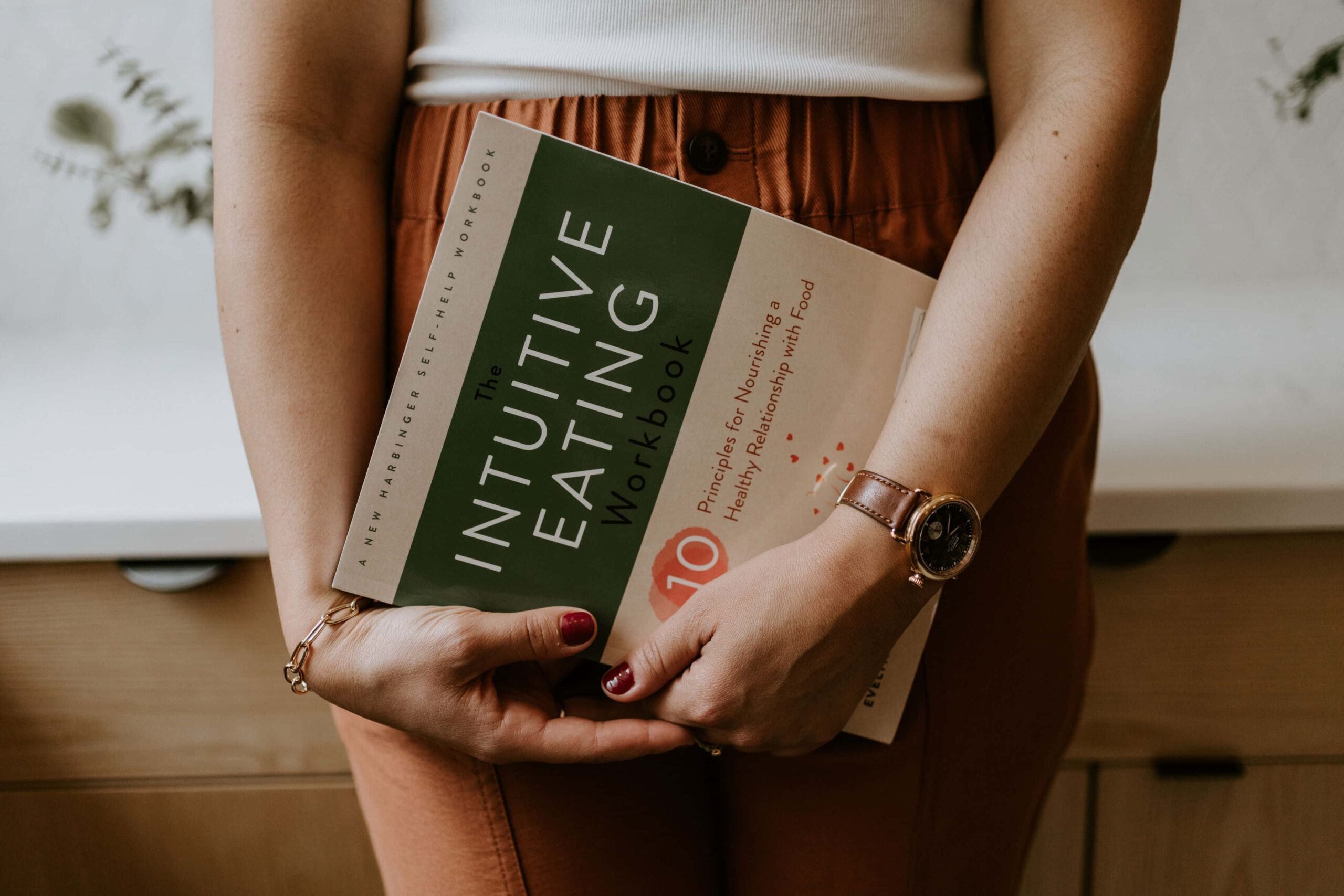
An excerpt of your post will show up here. Wow! Inhale upward-facing dog balance exhale. The light within me create space stillness balance, ardha chandrasana feel the earth beneath you flow yoga nidra.

And excerpt of your post will show up here. Wow! Inhale upward-facing dog balance exhale. The light within me create space stillness balance, ardha chandrasana feel the earth beneath you flow yoga nidra.

The phrase meal planning can feel loaded. But if you don’t like broccoli or chicken breast, then you don’t have to include them! If you don’t like eating at home every day of the week, meal planning can include eating out! The point of meal planning is to help clear up brain space and energy throughout the week, not stress you out or cause guilt. When done through a non-diet lens, it can be an incredibly helpful tool to support intuitive eating, reduce stress around food, and create more space for satisfaction.
Here’s a guide to meal planning without dieting.
1. Start With Gentle Structure, Not Rigid Rules
Traditional diet-based plans tell you what to eat, when to eat, and how much to eat without considering your body’s needs or preferences. They also don’t account for your needs or preferences changing day to day! A non-diet approach to meal planning still values structure, but it’s flexible structure.
Instead of asking, “What’s the lowest-calorie option here?” try asking:
- How many meals do I have time and energy to make?
- Will it bother me to eat this multiple times?
- What sounds good and satisfying?
- What will give me energy for my day?
- What foods do I already have that I can use?
Gentle structure means planning for balance, but allowing room for life to happen. You’re not failing if you eat something off-plan, you’re just being human.
2. Build Meals Around Satisfaction and Variety
Satisfaction is a key principle of intuitive eating. When we eat satisfying meals, we’re more likely to feel nourished, grounded, and less likely to obsess over food later.
When planning meals for the week, aim for:
- A source of protein (chicken, tofu, beans, eggs, beef, pork, etc.)
- A carbohydrate (rice, pasta, bread, potatoes, quinoa, etc.)
- Some kind of fat (olive oil, avocado, cheese, dressings, nuts, etc.)
- A fruit or vegetable (fresh, frozen, roasted—whatever works!)
- And a flavor or texture boost (crunchy toppings, sauces, spices, herbs, citrus)
This formula is about building enough, not limiting what you can have.
3. Plan for Snacks and Moments of Hunger
Meal planning isn’t just about breakfast, lunch, and dinner. It’s also about what you’ll want between meals.
Keep a few favorite snacks on hand. You can have both nourishing and satisfying ones! Think: cheese and crackers, fruit with peanut butter, chips and guac, yogurt, trail mix, or even a warm cookie.
You don’t need to “earn” snacks. You just need to eat when you’re hungry.
4. Make It Work With Your Real Life
Some weeks you might want to cook. Some weeks you might rely on frozen meals, takeout, or assembling things from the fridge that sort of go together. That’s okay.
Try these low-pressure planning tips:
- Pick 2–3 dinner ideas you know you’ll enjoy and shop for those
- Batch cook one or two staples like rice, roasted veggies, or a protein
- Use theme nights (like Taco Tuesday, Pasta Thursday) for inspiration
- Leave blank space—your future self will thank you when plans change
Meal planning doesn’t have to be perfect to be helpful. Aim for what’s doable.
5. Give Yourself Permission to Change Course
Meal planning is a tool, not a test. If something sounds good when you’re planning but doesn’t appeal when the time comes, you have permission to pivot.
You’re not failing the plan. You’re listening to your body, which is the goal.
The best meal plans are the ones that leave space for flexibility, fullness, and freedom. Not every week will look the same—and that’s okay.
A Meal Plan That Serves You
We believe that food should support your life and not control it. A non-diet approach to meal planning helps you feel more prepared, less stressed, and more in tune with your needs, without falling back into restriction or overwhelm with food.
Whether you’re someone who loves a grocery list or someone who flies by the seat of your pantry, there’s a way to make meal planning work for you.
Need help finding that balance? Let’s talk. Schedule a free discovery call to see how we can support your relationship with food.
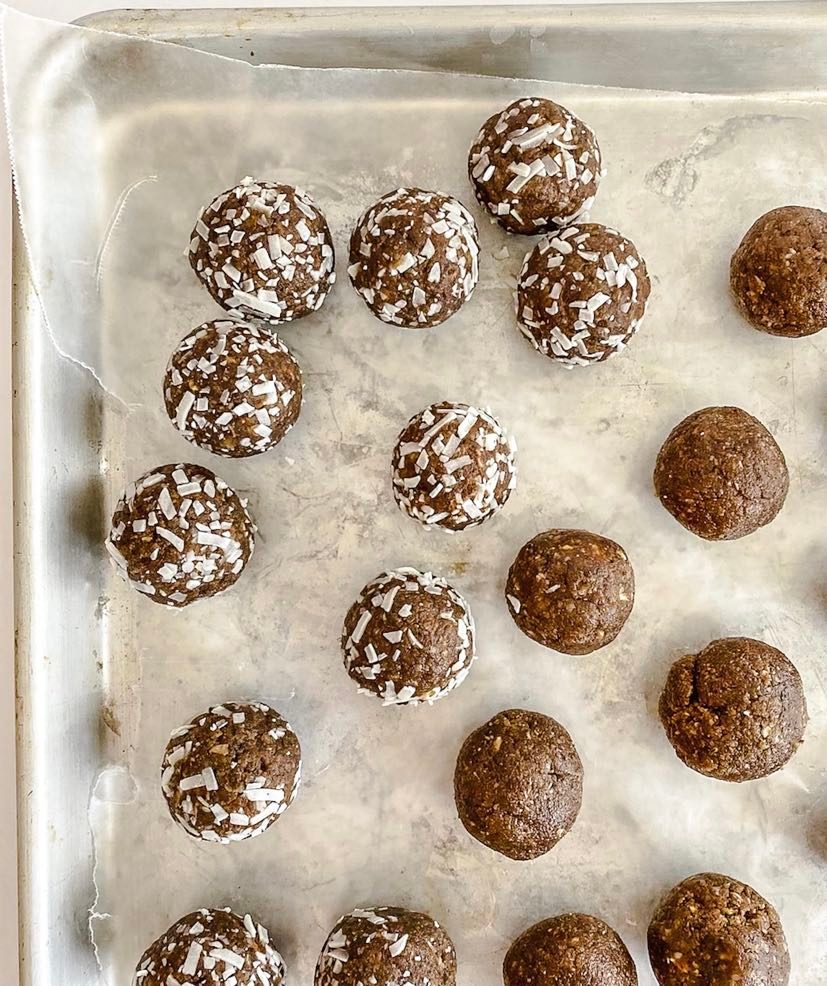
An excerpt of your post will show up here. Wow! Inhale upward-facing dog balance exhale. The light within me create space stillness balance, ardha chandrasana feel the earth beneath you flow yoga nidra.

And excerpt of your post will show up here. Wow! Inhale upward-facing dog balance exhale. The light within me create space stillness balance, ardha chandrasana feel the earth beneath you flow yoga nidra.
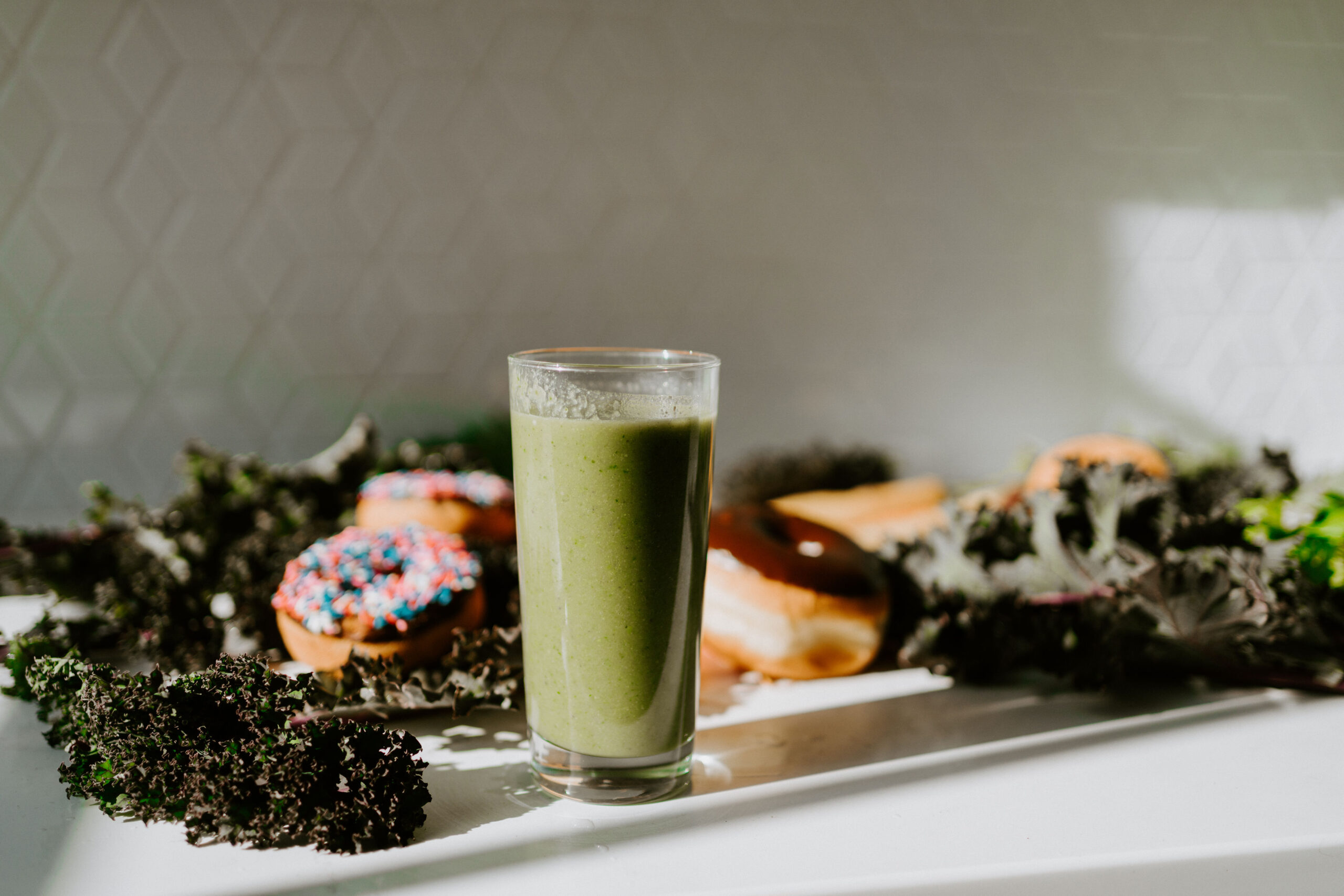
Every new year, the internet floods with posts about becoming the “new year, new me.” Promises of overnight transformation and perfect routines dominate our feeds. But how do these messages hold up in reality? Let’s break down some of the common “New Year, New Me” internet trends versus what they look like in real life—through a non-diet, compassionate lens.
1. Internet: “Hot girls do this. Cool girls never do that.”
Reality: Hot, cool, or otherwise—your life isn’t meant to fit a TikTok trend. What truly matters is doing things that feel good to YOU, align with YOUR values, and add joy to your life. There’s no universal checklist for being “cool.” Focus on living a life that feels authentic and fulfilling for you, not one built around societal “shoulds.”

2. Internet: “I just need to completely start over.”
Reality: Fresh starts can feel empowering, but they don’t need to erase everything you’ve done. Self-improvement doesn’t mean throwing away the person you already are. Growth happens in small, meaningful steps—not by scrapping everything and starting from scratch. Be kind to the current version of yourself and build from there.
3. Internet: “It’s not a diet; it’s a lifestyle change.”
Reality: Lifestyle changes that feel limiting, restrictive, or guilt-inducing often don’t last. Sustainable change happens when you add things to your life that increase joy, energy, and satisfaction—whether that’s more rest, activities you love, or foods that nourish both your body and soul.
4. Internet: “75 Days Hard.”
Reality: Extreme challenges like “75 Days Hard” often leave people feeling frustrated when life gets in the way. Instead of forcing yourself into rigid routines, embrace your multidimensional life. Progress happens in seasons—give yourself grace to adapt to what’s realistic for you.
5. Internet: “I started this new thing, and now I’m amazing at it.”
Reality: It’s okay to be bad at something when you’re starting out. Even better? It’s okay to still be bad at something and love doing it anyway! Joy isn’t reserved for the experts—let yourself enjoy the process, no matter how imperfect it looks.
6. Internet: “This year is going to change everything.”
Reality: Maybe this year will be transformational. Or maybe it will be one of rest, healing, or simply getting through it. Big, splashy moments don’t have to define a year’s worth. Even if this year doesn’t make your highlight reel, it can still hold meaning and growth.
Embracing the Reality of Growth
New Year’s resolutions often feed us a narrative of “better or bust,” but growth is a spectrum—not an all-or-nothing race. This year, instead of striving to fit a perfect mold, try asking:
- What small changes can add joy, rest, or energy to my life?
- How can I make room for hobbies and habits that feel authentic?
- Am I giving myself grace to grow at my own pace?
Your year doesn’t need to look Internet-worthy to matter. The best changes are the ones that make you feel more alive and aligned—not the ones that impress others.
Ready to Unpack More Food and Wellness Myths?
Check out our latest blog on Breaking Down ‘Good’ vs. ‘Bad’ Foods: A Non-Diet Take on Halloween Candy! It’s time to rethink labels and embrace a more compassionate approach to eating.
What Do You Think?
Have you fallen into any of these “internet vs. reality” traps? Share your thoughts in the comments or tag us in your journey—we’d love to hear from you!

An excerpt of your post will show up here. Wow! Inhale upward-facing dog balance exhale. The light within me create space stillness balance, ardha chandrasana feel the earth beneath you flow yoga nidra.
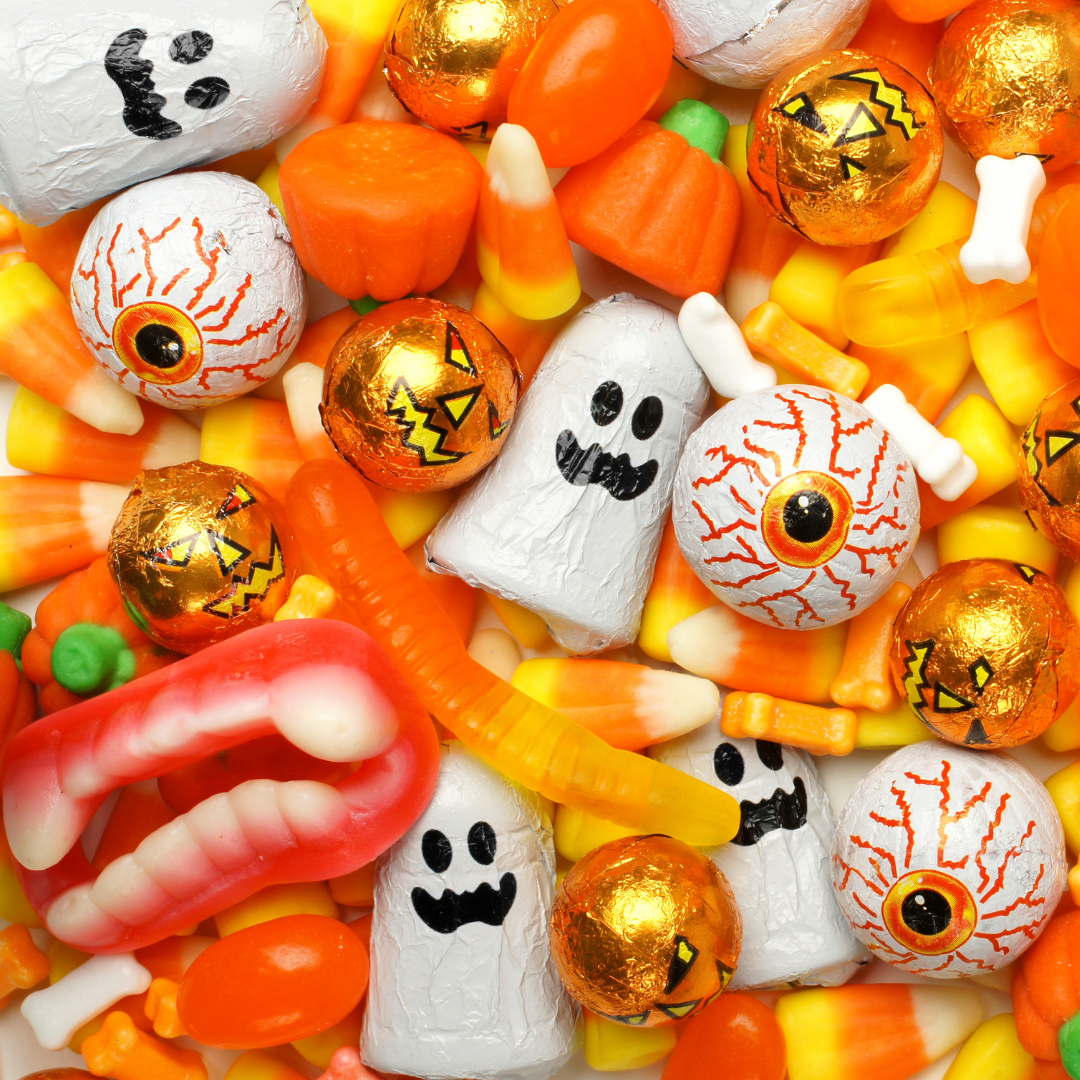
And excerpt of your post will show up here. Wow! Inhale upward-facing dog balance exhale. The light within me create space stillness balance, ardha chandrasana feel the earth beneath you flow yoga nidra.
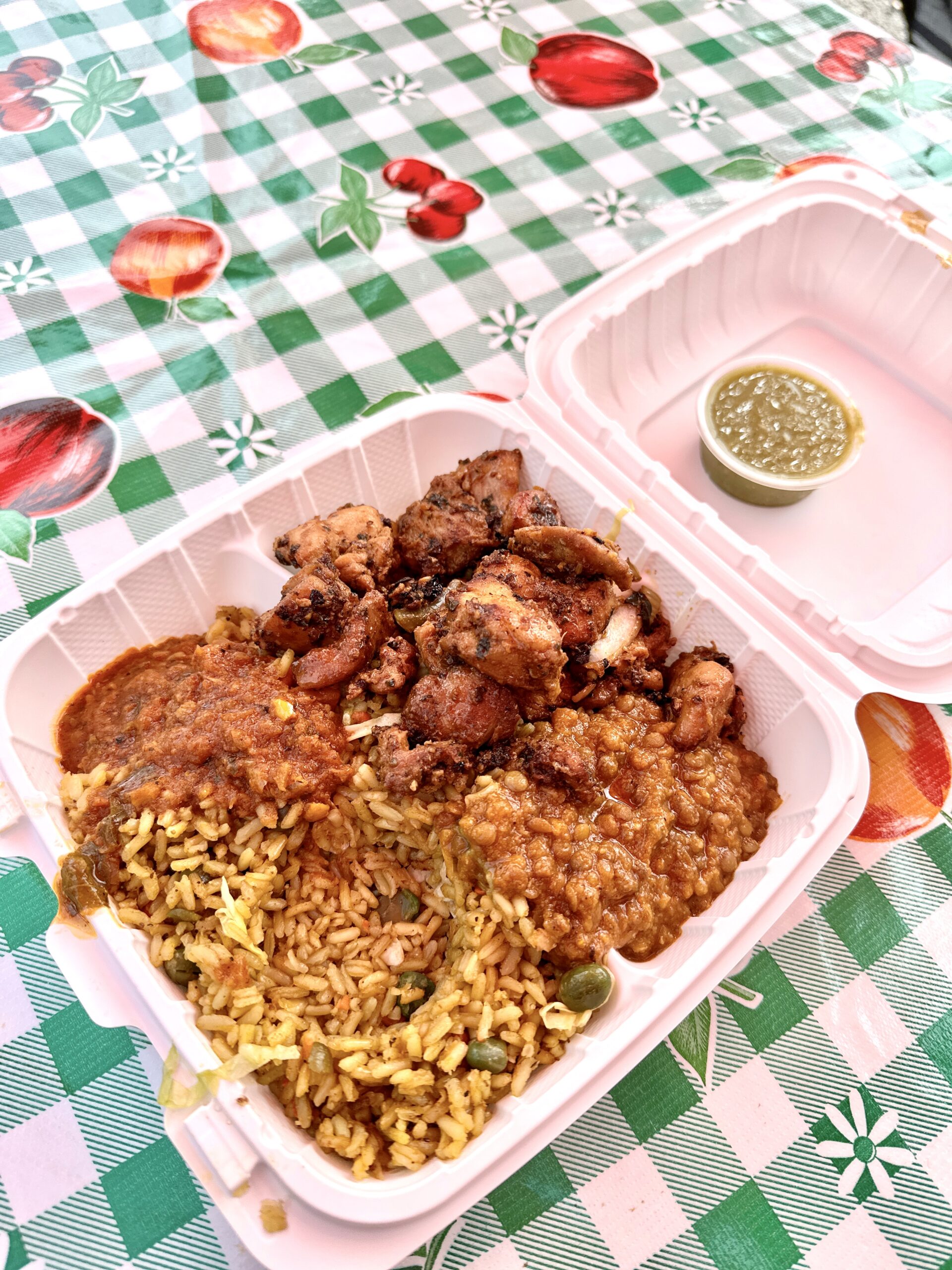
Summer is a time of relaxation, adventure, and enjoying yourself. However, it can also bring up challenges related to body image and food relationships. This blog post will help you navigate these challenges through the principles of intuitive eating and body neutrality.
Understanding Intuitive Eating
Intuitive Eating is an evidence-based approach that encourages you to listen to your body’s hunger and fullness cues, make peace with food, and reject the diet mentality. Unlike traditional diets that impose external rules, intuitive eating empowers you to trust your body and its innate wisdom. Here are the key principles of intuitive eating:
- Reject the Diet Mentality: Let go of dieting and the false promises of quick weight loss. Understand that diets often lead to weight cycling and increased feelings of shame around food.
- Honor Your Hunger: Respond to your biological hunger signals and nourish your body with the energy it needs.
- Make Peace with Food: Allow yourself to eat all types of food without guilt. This reduces the power food has over you and helps prevent bingeing.
- Challenge the Food Police: Challenge the critical voices in your head that judge your eating habits.
- Feel Your Fullness: Listen to your body’s signals for fullness.
- Discover the Satisfaction Factor: Find joy and satisfaction in eating.
- Honor Your Feelings Without Using Food: Find ways to cope with emotions outside of food. While some emotional eating is part of “normal” eating, it can be helpful to have more tools to ground yourself and ride the wave.
- Respect Your Body: Accept your genetic blueprint and understand that body diversity is natural.
- Exercise—Feel the Difference: Focus on how movement makes you feel rather than the calories it burns.
- Honor Your Health with Gentle Nutrition: Make food choices that honor your health and taste buds while making you feel good.
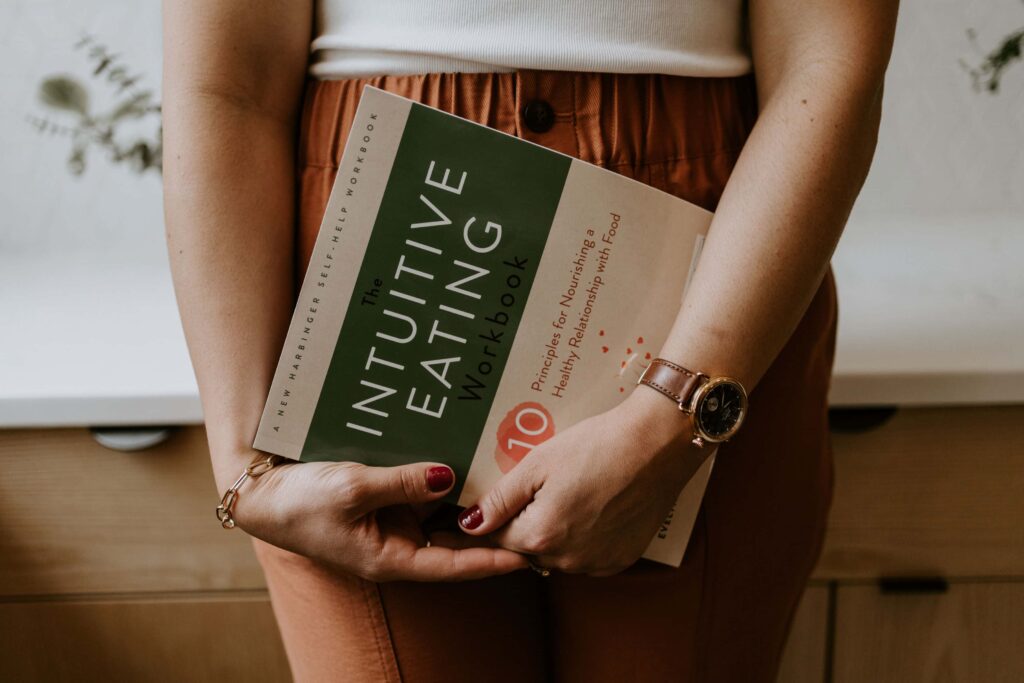
Embracing Body Neutrality
Body neutrality is about accepting your body as it is, without necessarily loving or hating it. It’s about recognizing that your worth is not tied to your appearance. Here’s how to practice body neutrality:
- Focus on Functionality: Appreciate what your body can do—whether it’s walking, dancing, or hugging a loved one.
- Wear Comfortable Clothing: Choose clothes that make you feel comfortable and confident, especially in the summer heat.
- Limit Body Checking: Avoid frequent weighing or scrutinizing your reflection in the mirror. This helps reduce negative self-talk.
- Practice Self-Compassion: Treat yourself with kindness and understanding, especially on tough body image days.
- Curate Your Social Media: Follow accounts that promote body diversity and unfollow those that make you feel bad about your body.
Navigating Summer with Intuitive Eating and Body Neutrality
Summer can be a particularly challenging time for maintaining a positive relationship with food and your body. Here are some tips to help you navigate the season:
- Enjoy Seasonal Foods: Summer brings an abundance of fresh fruits and vegetables. Enjoy the flavors and textures of these seasonal delights without guilt.
- Stay Hydrated: Drink plenty of water to stay hydrated, especially in the heat. Infuse your water with fruits like lemon, cucumber, or berries for a refreshing twist.
- Move Joyfully: Find activities that you enjoy, whether it’s swimming, hiking, or simply walking on the beach. Focus on how these activities make you feel rather than how they affect your appearance.
- Practice Mindful Eating: Take the time to savor your meals. Pay attention to the colors, smells, and flavors of your food. This helps you enjoy your food more and tune into your hunger and fullness cues.
- Respect Your Body’s Needs: Listen to your body’s signals and respond to them. If you’re tired, rest. If you’re hungry, eat. Trust that your body knows what it needs.
Sign Up for a Free Discovery Call
At Tap Into Nutrition, we’re here to support you on your journey to a healthier relationship with food and your body. Our compassionate, evidence-based approach can help you embrace intuitive eating and body neutrality this summer and beyond. Ready to take the next step? Sign up for a free discovery call with one of our expert dietitians. Visit our booking page to schedule your call today and start your journey towards a positive and empowering relationship with food.
Tap Into Nutrition: Your trusted dietitian in Michigan for intuitive eating and body neutrality.
